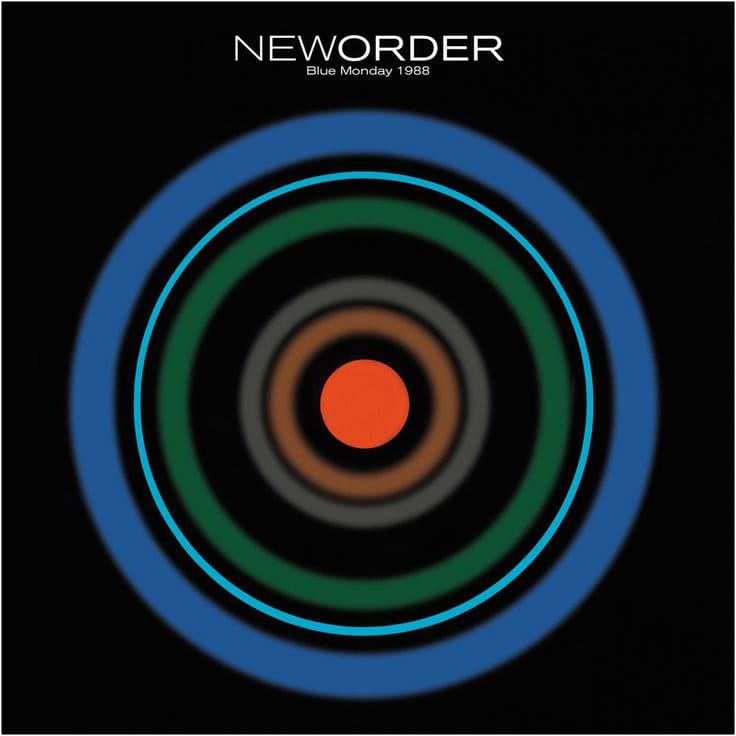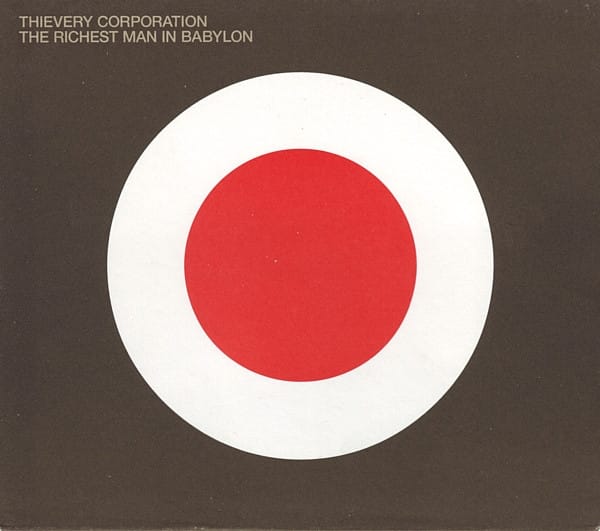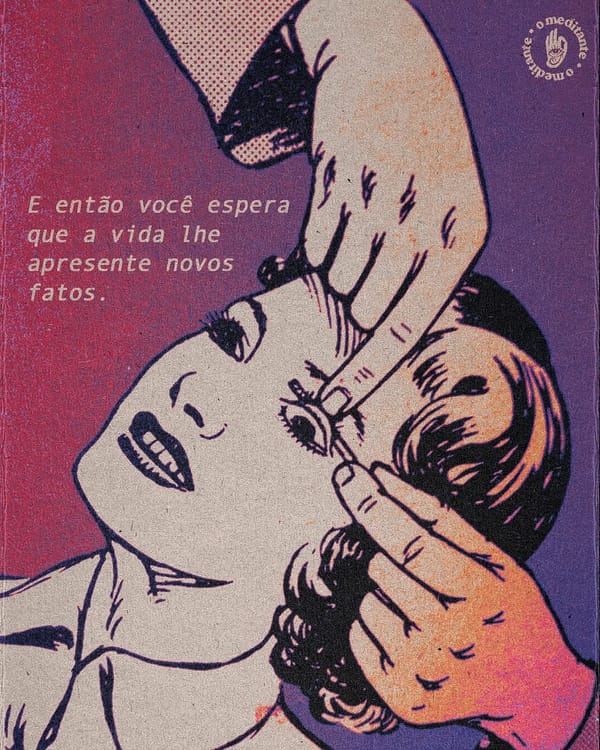Me obligaron a leer "El Príncipe" (Nicolás Maquiavelo, 1513) y descubrí para qué existe la autoridad.
Since a ruler has to be able to act the beast, he should take on the traits of the fox and the lion.
Those best at playing the fox have done better than the others. But you have to know how to disguise your slyness, how to pretend one thing and cover up another.
[...]
In our own times we've had examples of leaders who've done great things without worrying too much about keeping their word.
Además de ser violenta (león), miente (zorro) y así logra someter a quienes dependen de todo.
Nadie pidió huellas dactilares, nombres, presidentes, padres, ni mandatos sociales 🙂
Y ya que no podemos cambiar al presidente ni borrar huellas dactilares, nos liberamos de presiones sociales.
"Presión" es un derivado de "tortura".
Y sí, claro. Esa palabra impacta porque ese lo que supuestamente gobiernos siempre dejarán de hacer.
Resulta que muchos se emocionan y coinciden al leer! Pero luego casi nadie lo manifiesta en lo que es.
Y muchas identidades desaparecieron o van aceleradamente a desaparecer.
Nos programan para repetir y depender.
Cambiar requiere olvidar lo que -para otros- es correcto u está bien.
There is nothing more difficult to take in hand, more perilous to conduct, or more uncertain in its success, than to take the lead in the introduction of a new order of things.
For the reformer has enemies in all those who profit by the old order, and only lukewarm defenders in all those who would profit by the new order.
This lukewarmness arising partly from fear of their adversaries, and partly from the incredulity of mankind, who do not truly believe in anything new until they have actual experience of it.
Cambiar es natural. Lo hacemos al creer.









